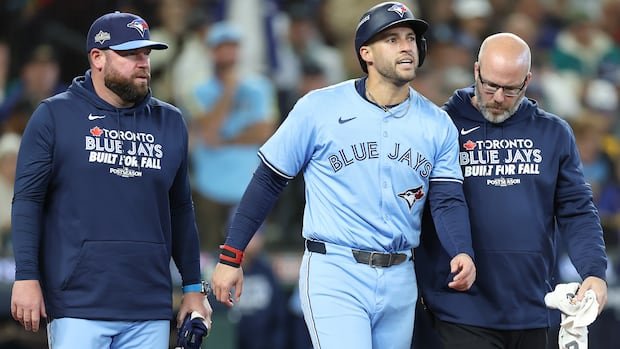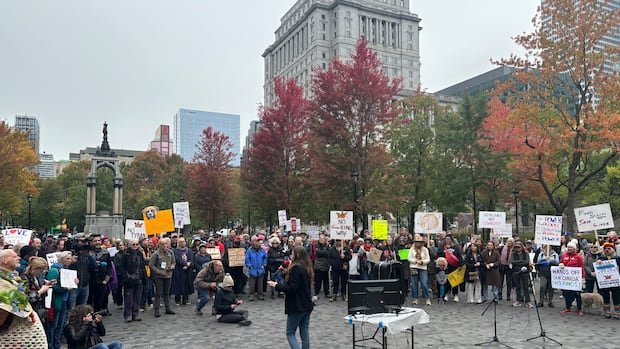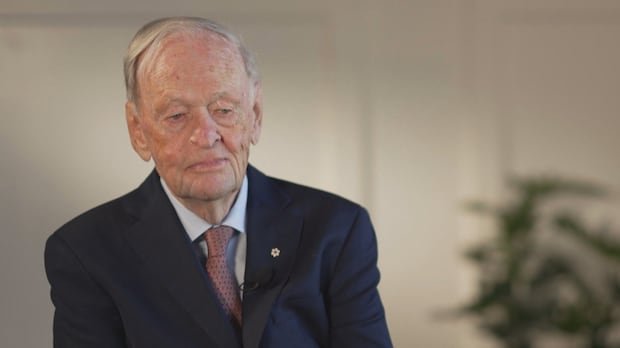Prime Minister Justin Trudeau is planning a final wave of appointments to fill 10 Senate vacancies before he retires in March, according to Radio-Canada.
The move would allow him to make a mark on parliament for years to come, as these unelected lawmakers will be able to sit until they are 75 years old.
A source familiar with the matter says the selection process for future senators is already underway and must be completed before their departure. After prolonging Parliament earlier this month, Trudeau announced he will step down after the Liberal Party elects a new leader on March 9.
In a written response, the Prime Minister’s Office confirmed that the Senate Appointments Advisory Board is working to propose candidates for all vacancies.
“The prorogation did not affect the Governor-General’s ability to make appointments to the Senate based on the prime minister’s advice,” PMO spokesperson Simon Lafortune said. “The Prime Minister takes his responsibility to appoint senators seriously and will do so for as long as he remains in office.”
The prime minister likes to praise the independence of the senators he has appointed since 2016, but has nevertheless chosen several high-profile Liberals to sit in the Senate in recent years.
Pierre Poilievre’s Conservative Party, which leads in national polls, has long criticized Trudeau’s senatorial choices. Conservatives now fear that Trudeau-appointed senators will try to block their agenda if the party wins the next election, which is expected in the spring.
There are currently 12 senators affiliated with the Conservative Party in the 105-seat chamber.
“For someone who advocated for an independent Senate, [Trudeau] will end up running in the Senate with a large majority of liberals or people who support his policies,” said conservative senator Claude Carignan.
Carignan said Trudeau “has the power to appoint senators, but after resigning, I don’t think he has the legitimacy to do so.”
There were 22 vacancies in the Senate when Trudeau took power in 2015. So far, he has appointed 90 senators in total. Due to retirements, there will be 10 positions to fill starting February 2nd.
Increasingly partisan quotes
Historically, Canadian senators have been affiliated with a political party. However, Trudeau caught Liberal senators by surprise in 2014 when he expelled them all from the Liberal caucus, which was in opposition at the time.
After taking power the following year, he changed the nomination process, asking an advisory committee to recommend candidates based on merit. These new senators were described as “independents” because they were not affiliated with any political party.
Still, a significant number of senators appointed in recent years had recent or significant partisan experience, most often within the Liberal Party of Canada or provincial Liberal parties.
In recent years, Trudeau appointed former federal Liberal MP Rodger Cuzner and Nancy Karetak-Lindell to the Senate.
Former Liberal Party of Canada candidates were also nominated, namely Tracy Muggli in 2024, as well as Bernadette Clement and Michèle Audette in 2021.
In terms of provincial Liberals, Trudeau also named former members of legislative assemblies in Quebec (Clément Gignac and Pierre Moreau), New Brunswick (Victor Boudreau and Joan Kingston) and Nova Scotia (Allister Surette).
Additionally, he named Liberal donors and organizers such as Alberta’s Daryl Fridhandler (2024) and Ontario’s Toni Varone (2023).
The prime minister has also tapped former donors and elected officials from other parties, but in smaller numbers than Liberal supporters.
Senator Mohammad Khair Al Zaibak, for example, donated to the Liberal Party, the Conservative Party and the New Democratic Party over the years. However, according to Elections Canada, the Ontario businessman has made 171 donations to the Liberal Party of Canada or Liberal candidates since 2004, compared to nine total donations to the Conservatives or New Democrats during the same period.
Who would form the opposition?
Senators agree that, as unelected legislators, they do not have the same democratic legitimacy as parliamentarians and must act accordingly when it comes time to vote or against the government’s bills.
Under the Salisbury Convention, which dates back to the middle of the last century in the United Kingdom, the unelected House must not oppose government bills that have been the subject of clear election promises.
However, many Trudeau-appointed senators say they will continue to act the same way they did under the current government, saying they are ready to defend certain key principles, such as the protection of minority rights and regional interests.
Several senators say they could oppose a government that would use the despite clause preemptively to avoid an eventual charter challenge against one of its bills.
Poilievre has said he would be ready to use “any tool that the Constitution allows” to pass criminal laws if his party forms the next government. The statement was widely seen as a promise to use the clause despite tightening the justice system.
For now, the 12 Conservative senators act as the official opposition in the Senate, providing them with a dedicated budget as required by the Parliament of Canada Act.
If the conservatives take power in the next elections, the opposition could be formed by another group of senators.
However, it is still unclear who would want to play this role. Several senators said they will wait for the results of the upcoming elections to determine the future of the different groups of senators within the Upper House.
“How will nonpartisan senators decide to organize? The question remains open,” said Peter Harder, a former senior bureaucrat who was appointed to the Senate in 2016.

For Carignan, however, it would be inappropriate for Trudeau-appointed senators to form an opposition group without joining a political party.
“If you claim to be independent at the same time you want to play the role of the official opposition, that would be a major problem,” the conservative senator said.







